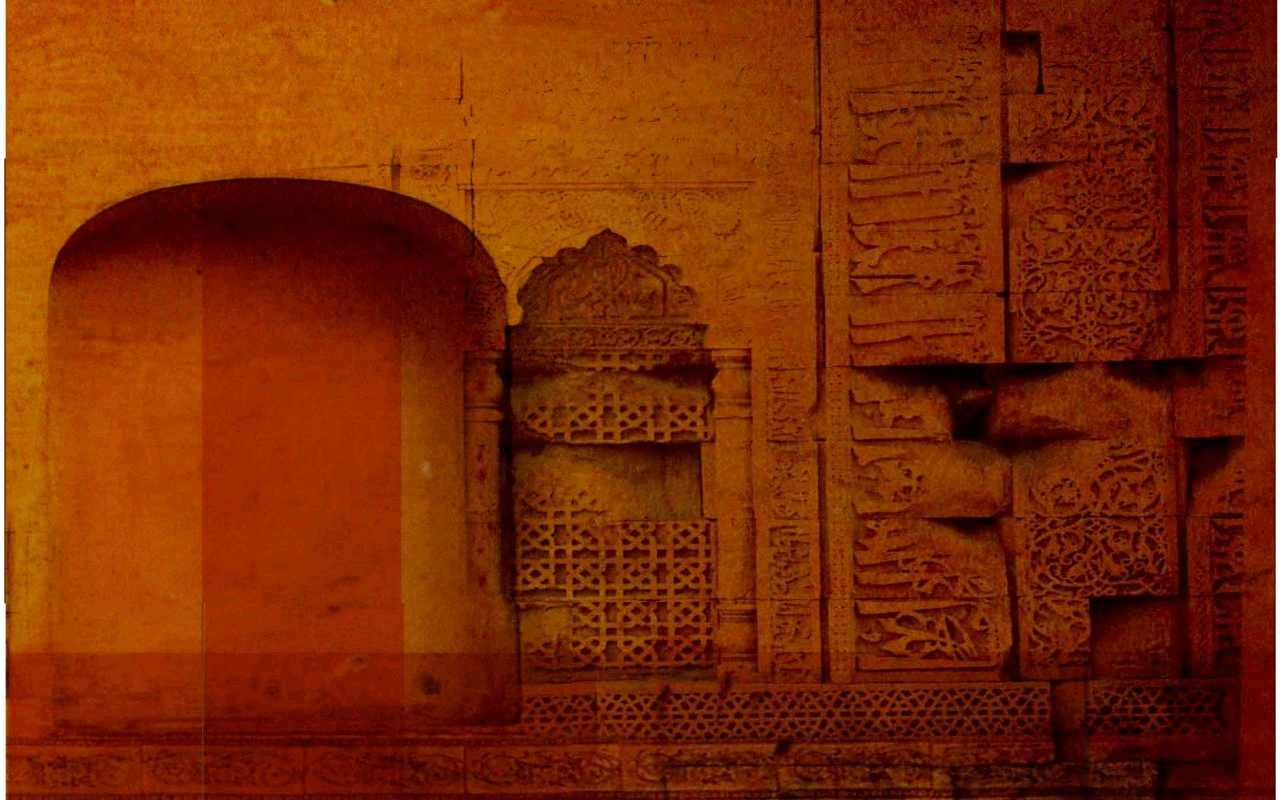There have been a great number of scholars after Sri Aurobindo but almost no critics. Perhaps the one Indian who can be best described by that name is C. D. Narasimhaiah….
India has produced several intelligent and competent literary scholars but rarely a critic in English. Almost no Indian writing in English has given to the world a critical theory or concept that has been happily accepted. Concepts as striking as Eliot’s theory of Tradition or Objective Correlative, Arnold’s touchstones, Leavis’s affirmative principle, Richards’s Practical Criticism, the New Critics’ Close Contextual Reading, and the Russian Formalists’ working techniques and so on, are quite absent from Indian critical thought. The Indian scholar spends most of his energy understanding and coming to terms with the West’s formulations on literature. The result is that if an Indian scholar has something original to say he has first to counter what the West has already laid down. Thus the time and energies he manages to save for original theory or criticism don’t take him far. Furthermore, his colonial past has made him, almost naturally, a derivative being unable to speak out in a voice of authority. Significantly, in India the critic is almost always the university or college English teacher, writing more for necessity than pleasure. He works with a number of handicaps – and ill equipped library with little or no means to purchase books and articles. His financial condition does not always allow him the leisure of independent study, forcing him to a life of compromise. He is often left spending more time in the gossip of staff room politics for the lack of a more academic ethos. The farthest he can reach out for a critical tradition is at the level of Commonwealth writing. Thus political, cultural and economic factors can be seen as having kept the Indian critic largely behind his Western counterpart.
However, it should not be forgotten that the Indian scholar in English has produced some interesting and useful scholarship in spite of the odds against him. If his work does not as yet show signs of maturity, there is hope for the future. This can be said with the work of Indians like C. D. Narasimhaiah in mind.

Comments